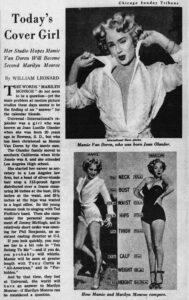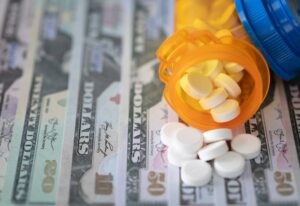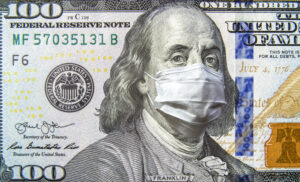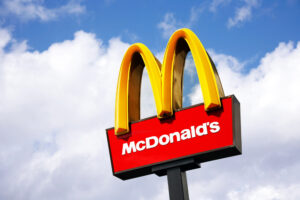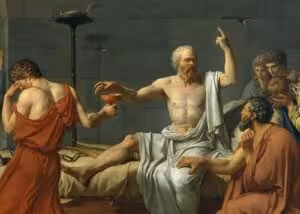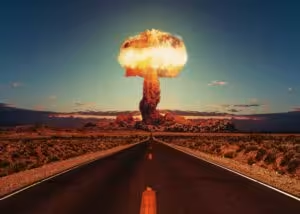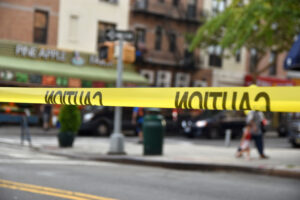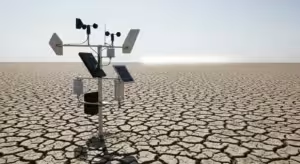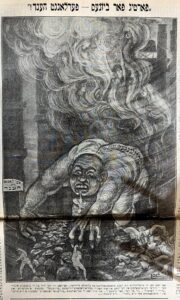Panic engulfed the French Perrier company when a North Carolina chemist found traces of benzene in bottled Perrier water. Perrier was the gold standard by which the US state judged the purity of its own water. Fear became its corporate spur. Desperate to protect the reputation of the ‘naturally sparkling’ mineral water that gushed so obligingly from its limestone aquifer near Nimes, Perrier launched what is now regarded as a textbook demonstration of self-destructive damage limitation.
Perrier’s initial reaction seemed exemplary: only 12 bottles were contaminated; it was an isolated incident – probably caused by a worker’s dirty rag at the US regional bottling plant. The company issued an immediate (voluntary) product recall. But things started to look more sinister when benzene-tainted bottles were also found in Denmark and the Netherlands. The explanation rapidly changed: benzene was naturally present in the spring water, but was filtered out before bottling – so the contamination was caused by dirty filters. The recall became global and 260 million bottles were destroyed.
Meanwhile, rumor and suspicion created beneficiaries from Perrier’s misfortune – LaCroix and San Pellegrino became the preferred taste in US restaurants and hotels. Perrier lost 50 per cent of its sales and the decades of prestige that went with being the ‘choice of presidents’ at the White House.
Perrier’s mishandling of the whole affair led to serious, long-term repercussions. Detailed analysis of the production process caused US and Canadian authorities to reclassify it as an artificially carbonated ‘beverage’ (with a sales tax, payable retrospectively as a huge fine) instead of tax-free ‘water’. Once the Rolls-Royce of spring waters, Perrier’s label could no longer even claim to be ‘naturally sparkling’. The irony was that the trace benzene was indeed caused by a natural chemical process within Perrier’s French spring. The fuss could have been avoided.
When: February 1990
Where: France, the USA and across the world
Toll: Perrier’s shareholders suffered and the company had to bear the commercial humiliation of losing a huge proportion of US market share to brands like Aquafina and Dasani, which used municipal water supplies.
You should know: Perrier was a favorite of British royalty during the early 20th century. Its worldwide status was so exalted that Salvador Dali and Andy Warhol designed poster ads for the company, and Orson Welles was its spokesman.


